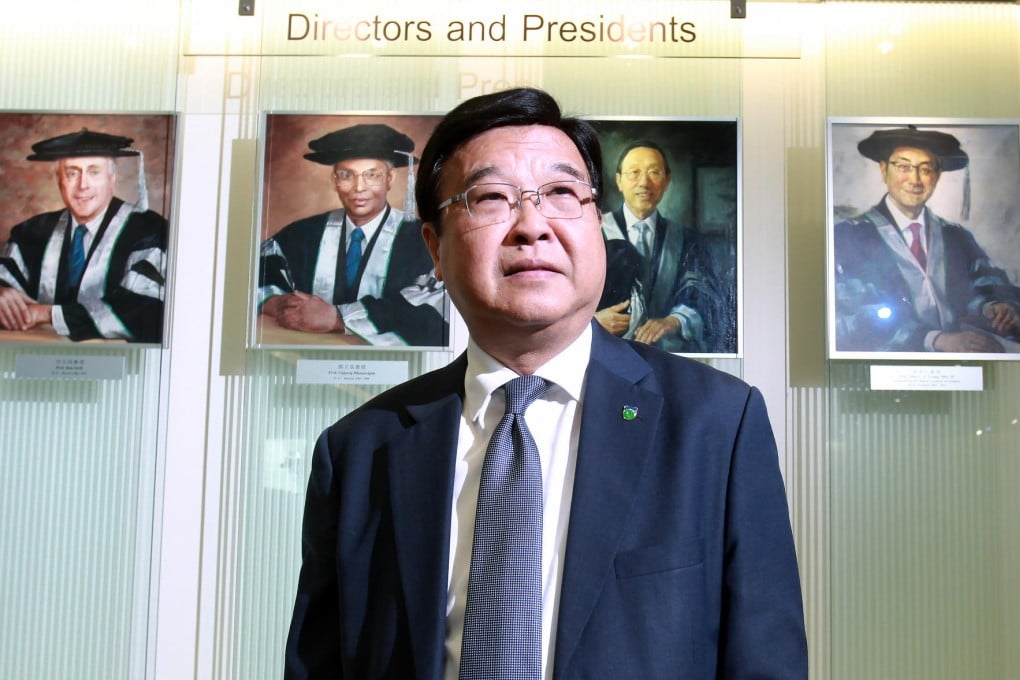Don't let another one get away - Hong Kong must offer more support to IT innovators, says Open University president
City lost out by not backing drone maker, says Open University president, but developing technology could ease our reliance on tourism

Hong Kong should learn from its mistake of rejecting what proved to be a highly profitable technology start-up and offer innovators more support, says the president of Open University.
Professor Wong Yuk-shan, was referring to the hottest start-up in China, drone maker Dajiang Innovations (DJI), which was founded by a graduate from Hong Kong University of Science and Technology in 2006.
The Shenzhen-based company has become the world's leading drone maker - and it could have been a Hong Kong business.
But Wong said the government had rejected the company's application to operate in Hong Kong's Science and Technology Park, so it went across the border. Earlier media reports also said DJI moved out of Hong Kong because it was not given sufficient government funding.
Wong's comments come as the Hong Kong government struggles to establish an innovation and technology bureau to steer IT developments. A vote on funding for the proposed bureau was delayed last month for the third time until after the Legislative Council's Finance Committee's summer break.
Wong, a founding member of HKUST who rejoined the university in 2006 as vice-president before later moving to Open University, said he knew DJI founder Frank Wang Tao, a mainlander, quite well at that time.
Wang decided to open in Shenzhen because it supported him with funding and land on which to operate, Wong said.